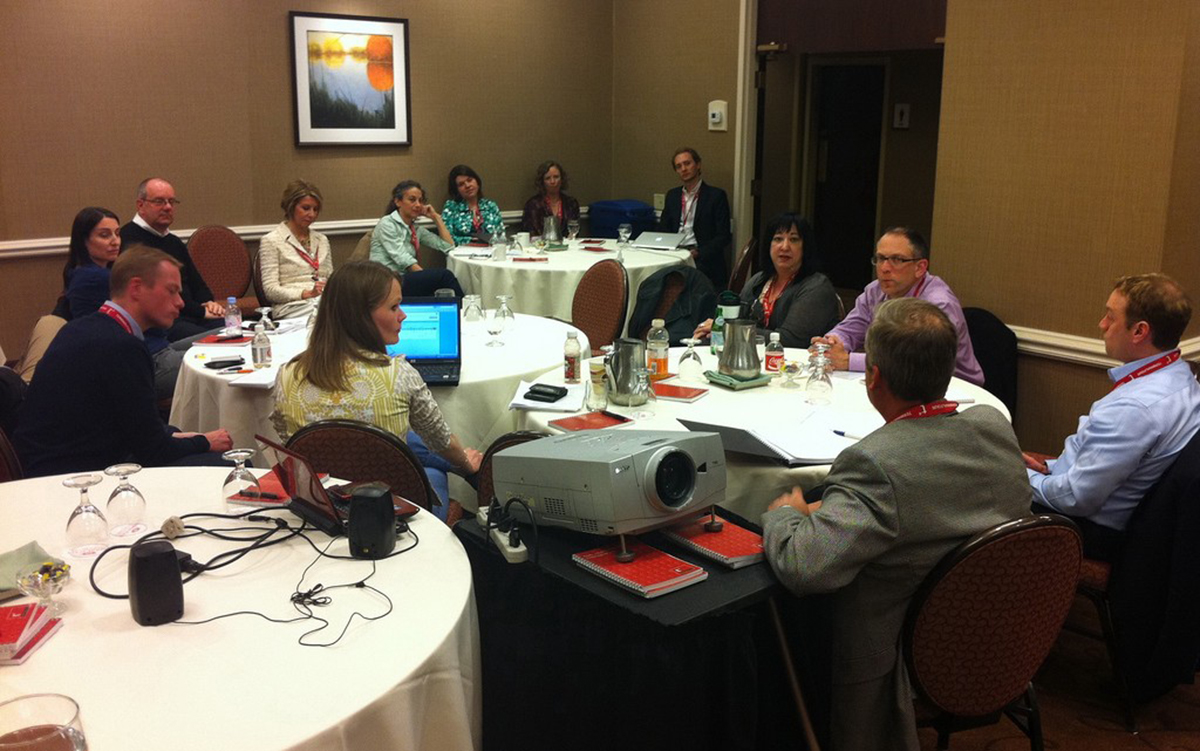Google has a dictionary these days, and that dictionary defines addiction as "the fact or condition of being addicted to a particular substance or activity". When you hear the word "addiction", drugs and alcohol are bound to be some of the first things to come to mind. The fact is, however, that humans can be addicted to a very wide range of things — both substances and activities.

What does being addicted mean? In short, it means that the thing you are addicted to is constantly on your mind, and that you seek to obtain it frequently. Thinking about it, seeking it, and being engaged in it all take up a lot of your time. The addiction interferes with your daily life in a negative way. The thing you are addicted to is so important to you that getting it may cause you to break the law and put yourself in danger.
The Signs Of A Sex Addiction
Sex addiction — also called sexual addiction — is not currently included in the "Bible" of mental disorders, the Diagnostic and Statistical Manual of Mental Disorders (DSM-5). Why? Darrel Regier, the vice-chair of the DSM-5 task force, said that it "... was not at the point where we were ready to call it an addiction". Though it is clear to sex addicts and their loved ones that this is not true, it does pose a challenge. How do we define the signs of a sex addiction when they aren't in the DSM?
In essence, a sex addiction is like any other addiction, and shares most of the signs common to all addictions.
You might have a sex addiction if:
- You are constantly preoccupied with sex — either thinking about it, trying to get it, or doing it.
- You frequently engage in sex, and need more and more (often with more and more people) to get the same effect.
- You might plan to stop your behavior, but just can't.
- Sex interferes with other daily activities and obligations, such as work.
- You will go to great length to get sex, something that often involves putting your own health at risk — perhaps by having unsafe sex with strangers, or by masturbating to the point that your genitals are injured.
See Also: Are You a Sex Addict?
People who recognize most of these symptoms are very likely to be struggling with a sex addiction. As with any addiction, acknowledging that you have a problem is a terrific first step: the foundation on which the whole process of recovery is based. Where do you go from here?
Sex Addiction: What You Can Do To Get Out
Food, drugs, alcohol, gambling, internet — most addictions have a certain stigma attached to them, which can make it very hard for the addict to seek the help they need to successfully overcome their addiction. Sex, being of such a tremendously personal nature, could be even more difficult to talk about. What's more, you can't turn to nicotine patches or medication to help overcome your addiction to sex.

After realizing you are, in fact, addicted and committing to overcoming your addiction, where do you turn? Should you try to heal from your addiction by yourself, or should you look for professional help?
Many people addicted to a wide variety of things do overcome addictions solo, but having support makes the process much less painful. A support system makes you less likely to revert to old habits, and increases your chances of being successful in the longer term.
There are, in fact, some rehab centers for sex addicts out there, but you may not need to take so drastic a step — depending on how much of a problem you really have. Your options include:
- Talking to your family doctor to see what they can do to help you. While you are there, you definitely want to get tested for sexually transmitted diseases.
- Joining a support group for sex addicts. Many but not all of these are based on the 12-step philosophy of overcoming addiction, which is not suitable for everyone though it might be for you.
- Hiring a therapist to talk about your addiction, the possible underlying reasons you developed it, and your struggles during the healing process.
- Going it alone. You'll need a good, solid plan, lots of distractions, and an iron will.
The road an individual addict ends up choosing initially is highly personal. There is no right or wrong way to go about the process, though there are some things all addicts should watch out for.
Having support is fundamental to success. Sometimes, but not ideally, that can come in the form of self-support. Having a family doctor, therapist or support group on hand during the tough times which will inevitably appear can stop you from returning too your addiction. People who do not have these things would really benefit from having at least one very good, non-judgmental friend to call on.
Let's say that you have been doing much better, only to go online to find someone to have sex with. Being able to tell someone that "help, I set up a meeting in an hour and I don't think I have the strength to deal with this overcoming addiction thing any longer" could make all the difference between staying on course and reverting to your addiction.
If you do DIY your recovery, make a plan that includes lots of healthy distractions. Those might include exercising regularly, getting out with other people to do interesting things, and journaling about your recovery process. Don't fall into the trap of replacing your current addiction with another one, something that many addicts struggle with.
See Also: Addicted to sex
Overcoming an addiction without professional help may best be approached gradually — by setting yourself small and achievable goals, rather than going "cold turkey". "I won't have sex today", "I won't have sex with total strangers this week", or "I am not going to look at internet pornography right now" might all be worthy goals. Overcoming an addiction is done one day at a time. Deal with today now, and with tomorrow when it comes... but with equal commitment.
After a while, you may find you are truly doing better. You may also find that your initial plan is not working out as well as you hoped. In that case, rethink your plan and see what you can do now. Since sex is such a fundamental part of the human experience, it is very likely that all recovering sex addicts essentially need counseling. This can happen during the first stages of your recovery, but also later. Developing healthy new attitudes about sex is going to be key, however, so make sure to take that aspect of overcoming your addiction seriously.
- Photo by shutterstock.com
- Photo courtesy of J. Boye by Flickr : www.flickr.com/photos/jboye/5690680689


Your thoughts on this